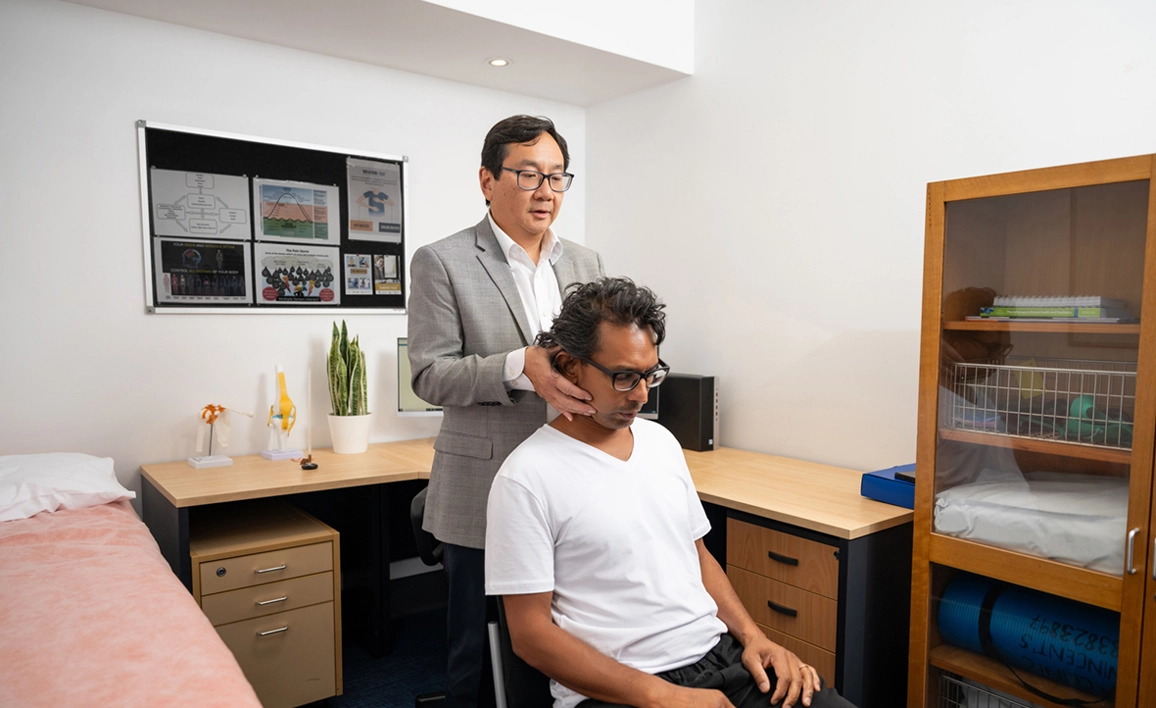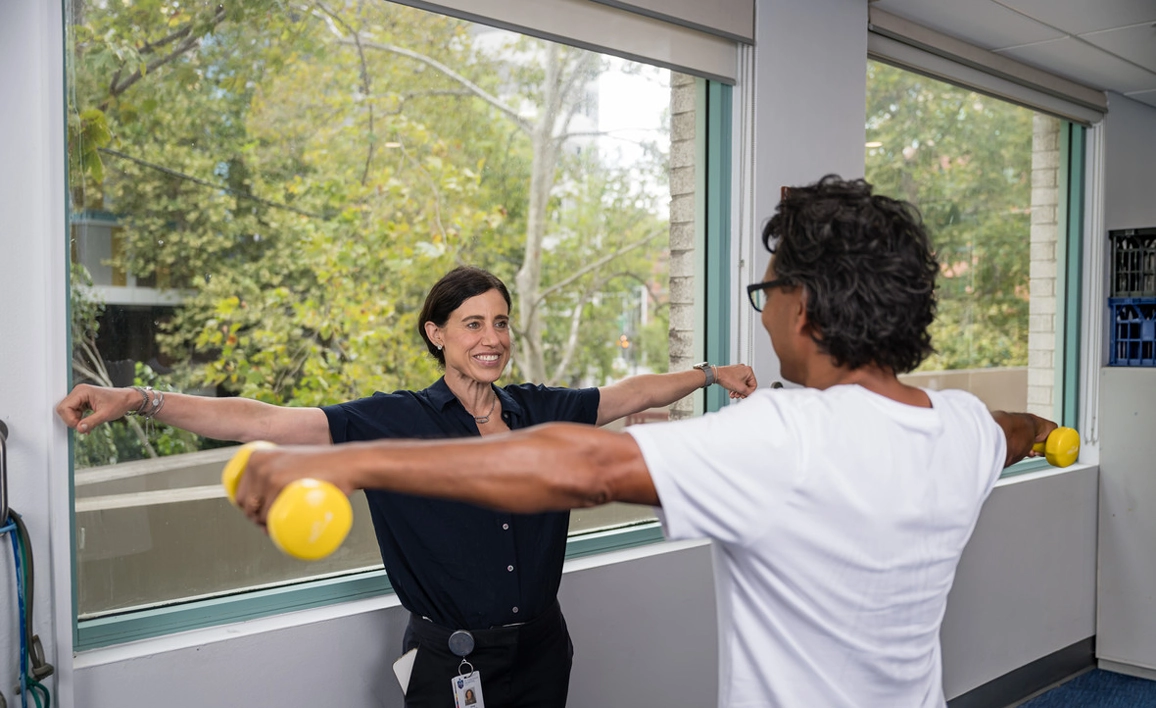Specialist pain medicine physicians can consult other doctors, or be the primary consulting doctor. They use a combination of sociological (behavioural), psychological and biomedical strategies to help restore balance for people living with pain. To do this, they provide a wide range of care, including counselling patients and their families, coordinating rehabilitation and offering evidence-based advice and practice for medication and procedural interventions.
You might find specialist pain medicine physicians working at multidisciplinary pain clinics or centres, many of which have been established in Australia and New Zealand. These clinics or centres use the expertise of a range of medical and allied health professionals to assess the multidimensional aspects of pain and formulate appropriate programs of treatment.
More patient information about managing pain

Severe, persistent and unrelieved pain is recognised as one of the world's major healthcare needs, with serious financial and social implications for individuals, families and communities.

We've collated a range of resources for pain patients and their families.

Opioids are a class of medicines taken to help reduce pain. They work on the central nervous system to slow down nerve signals between the brain and the body.

